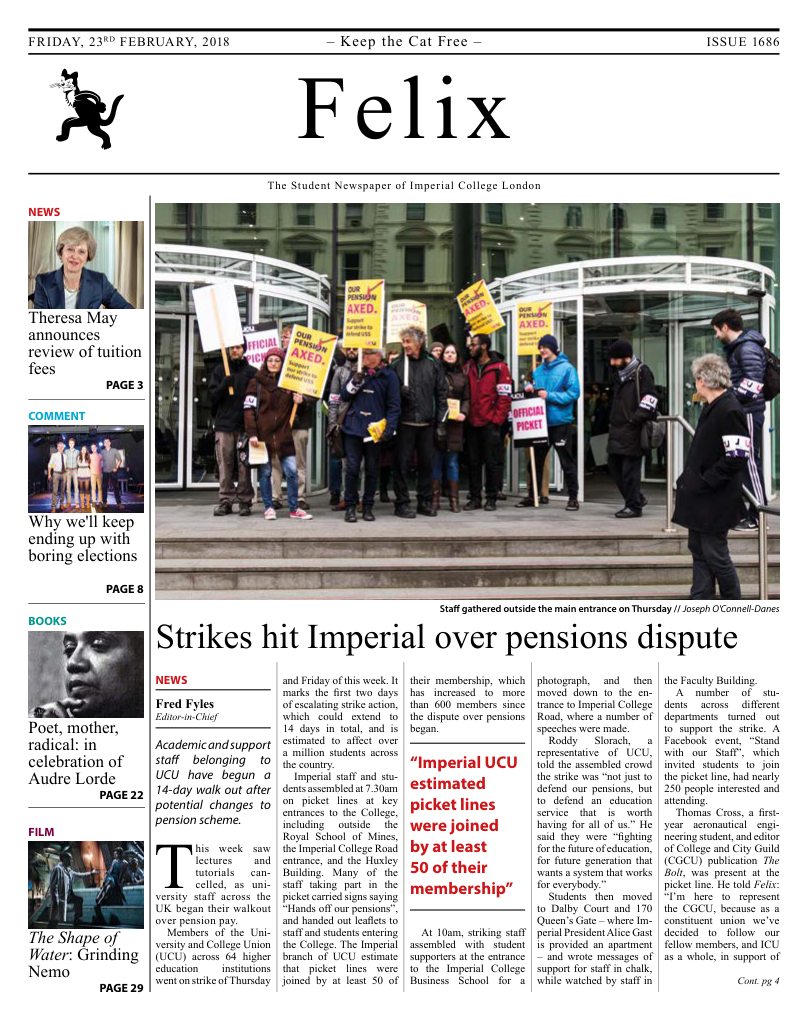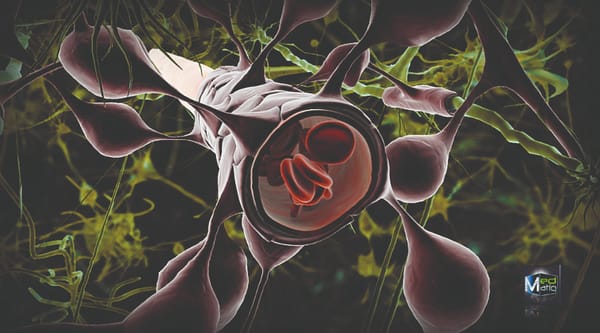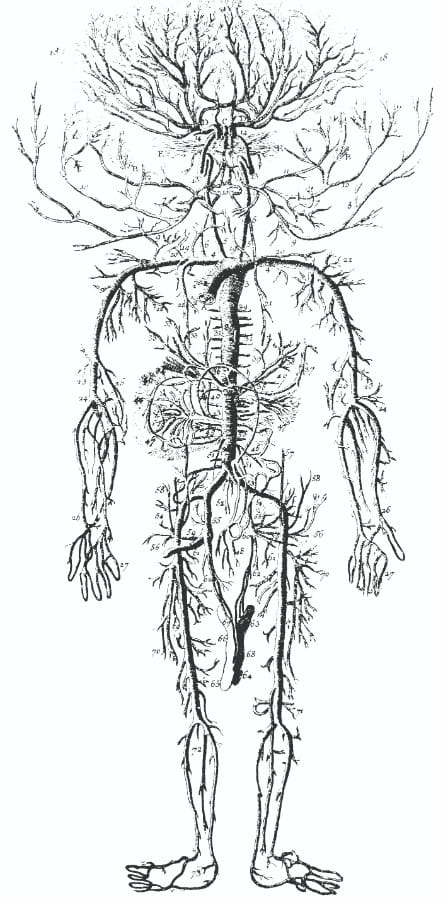How brain chemicals make you crave alcohol
If you get binned this ACC night just blame your ACC…

After a demanding week at university, it is finally Friday and your friends have suggested to go for drinks later that evening. ‘Ok… just one drink’, you replied, but several hours later you are smashed, and walking in a straight line is practically impossible! It is apparent that a hangover is coming your way, and you think to yourself – why did I not stop after the first drink?
Although it is funny to watch your drunk friend hitting on a statue (trust me it is hilarious) alcoholism is not a laughing matter. It gravely impacts on the lives of many individuals, and alcohol-related diseases put a heavy burden on our healthcare system and the economy. Hence, it is important to understand the disease in order to develop better treatments for alcohol dependence. A new therapeutic target was investigated by a research group led by Hu Cheng, a senior scientist in the Department of Psychological and Brain Sciences in Indiana, USA. They showed that a chemical in the brain formally known as a neurotransmitter, mediates cued alcohol cravings.
Alcohol cravings, like hunger, can be triggered by smell, sound, and visual cues – for example pictures of alcohol. In our daily lives, we come across this on the high street without even realising it, such as when bakeries entice customers with their distinct aromas! More often than not we end up strolling in, which is due to our brains associating these cues with rewards. This is attributed to a specific neurotransmitter called glutamate, which is a key regulator in the reward pathways.
In our brains, levels of neurotransmitters are maintained with a fine balance. A tip of this delicate equilibrium is associated with diseases such as depression and Parkinson’s disease. Since the anterior cingulate cortex (ACC), along with glutamate are both involved in the brain’s reward network, unsurprisingly, a change in the level of the neurotransmitter has been linked to alcohol addiction.
Previously, it has been reported that ACC activity is related to other forms of addiction such as nicotine and illicit drugs; however,the underlying neurotransmitter changes related to alcohol craving was unknown.
For this reason, the research group studied and compared brain scans of different groups using imaging technology such as magnetic resonance spectroscopy, with a focus on the level of glutamate in alcohol-dependent patients versus a control group. The research group demonstrated the area involved in glutamate signalling overlaps with the brain regions that responds to alcohol-related cues, thus implicating the role of ACC and glutamate in mediating addiction.
Furthermore, when the alcohol-dependent group were shown pictures of alcohol, glutamate concentration in the ACC significantly dropped. In the control group with no alcohol dependence little or no change was seen in their glutamate level. This result nicely demonstrates the important role of glutamate in cue-induced relapse in humans, thus new therapeutics may now seek to target glutamate levels to manage addictions!
Though the study population size is quite small with only 17 patients studied, one cannot just yet reduce alcoholism to a problem to be treated by pills. Nonetheless, it is a great step towards understanding the biological causation of addiction. Moreover, we can start helping those in need as well as breaking down the social stigma against those who are physically dependent on alcohol.








